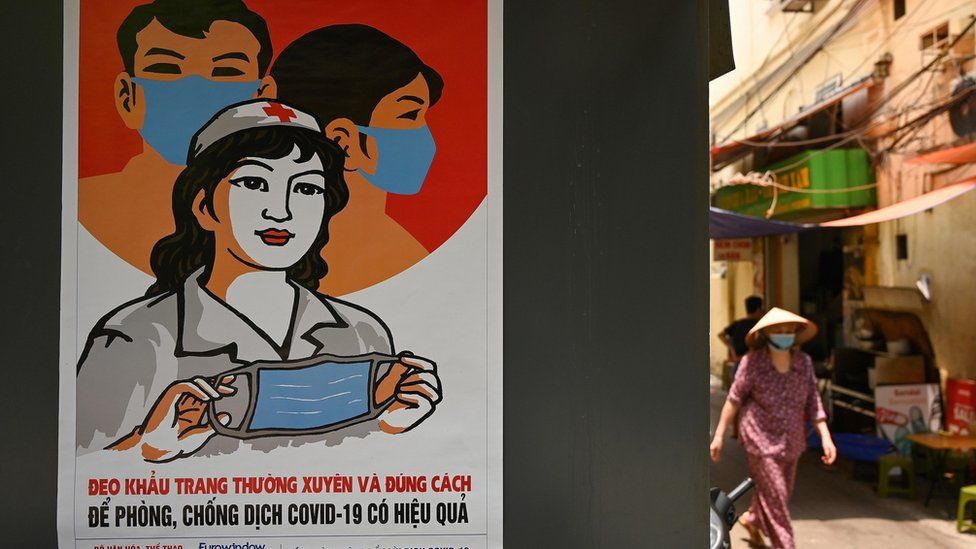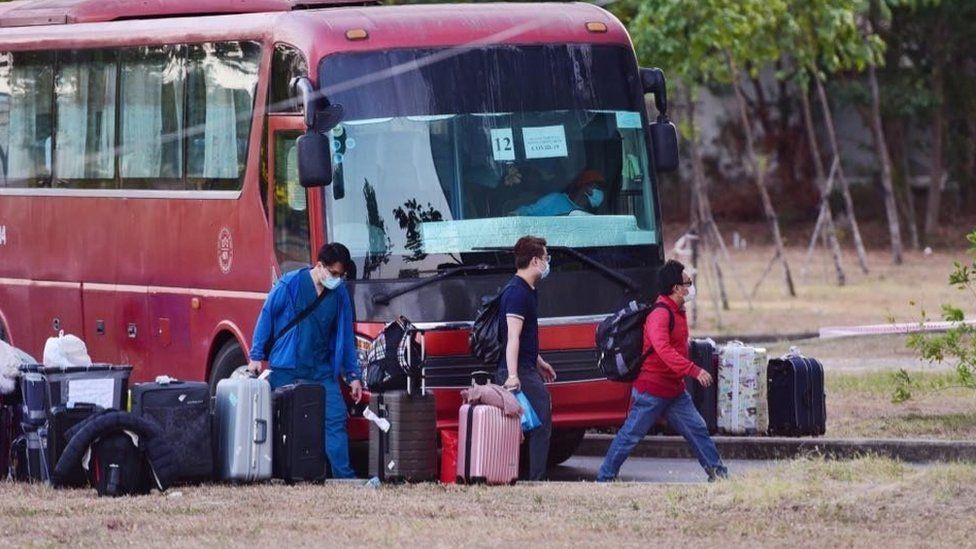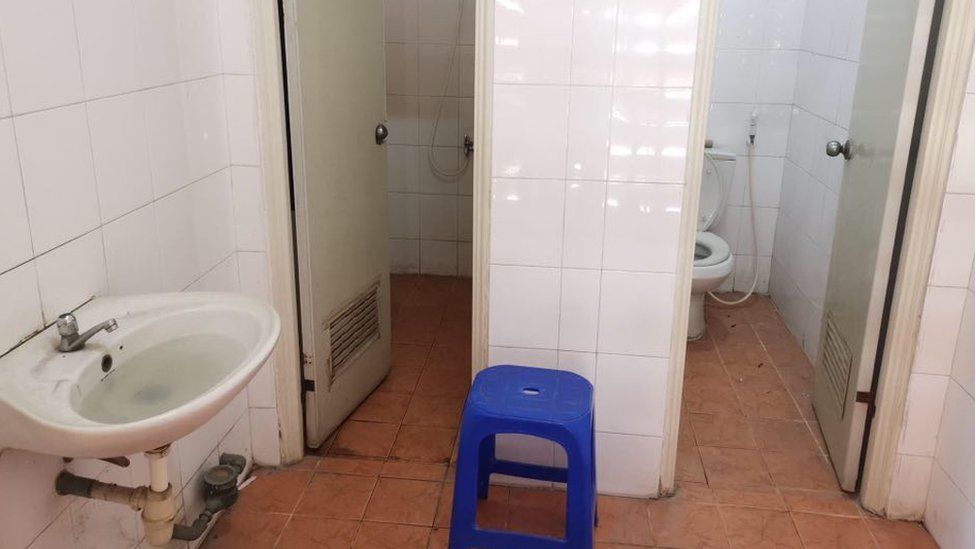- Joined
- Jul 10, 2008
- Messages
- 65,742
- Points
- 113
Slovenia Declares Victory Over Coronavirus Pandemic
Anja Vladisavljevic
Zagreb
BIRN
May 15, 202011:09
Slovenia became the first European country to declare an end to the coronavirus pandemic in its territory on Thursday, although the government warned that some measures would have to remain in place for the time being.

A cyclist wearing a protective mask passes an almost empty Preseren Square in Ljubljana. Photo: EPA-EFE/IGOR KUPLJENIK.
The Slovenian government announced the end of the coronavirus outbreak in the country at a telephone session on Thursday, having imposed emergency measures on March 12, the first European country to do so.
The current situation “makes it possible to relax measures that were urgent to contain and manage COVID-19, but they cannot yet be completely abolished,” the government said in a press release.
Prime Minister Janez Jansa on Thursday said Slovenia had been “the most successful country in the EU in dealing with the epidemic”, that the epidemiological situation was now favourable, and the government would now focus on economic issues and recovery following the health crisis.
The National Institute of Public Health, NIJZ, reported that Slovenia had registered only 35 cases of COVID-19 in the past 14 days, and the reproduction rate, which shows how many people once case infects on average, had fallen below 1.
The first confirmed case of COVID-19 in Slovenia, an EU member state with a population of about 2 million, was recorded on March 4. By May 13, 1,464 cases had been determined and 103 people had died from the coronavirus.
The authorities rapidly imposed a strict lockdown, closing most shops and all schools and banning outdoor movement and gatherings in public places. In mid-April, Slovenia started easing the lockdown.
The government said testing, contract tracing, isolation and quarantine of high-risk contacts, observance of social etiquette and physical distancing would remain the key measures to fight the remains of the epidemic.
Slovenia has decided to allow EU nationals to cross the border at selected checkpoints, ending the policy of seven-day quarantine. Third-country nationals will be subject to a two-week quarantine, with some exceptions.
The spread of COVID-19 has coincided with the return to power of the veteran right-wing political Janez Jansa, who critics accuse of using the pandemic to restrict freedoms.










